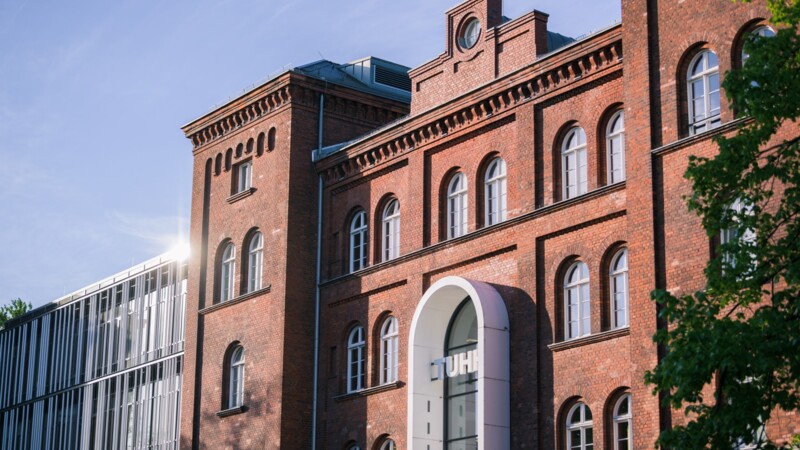Prof. Dr. Hauke Heekeren, President of the University of Hamburg, remarked: “Congratulations to the researchers involved! The ExStra competition is fierce and as a University of Excellence we are holding our own against strong contenders. In addition to our four existing clusters in physics, chemistry, climate research, and manuscript cultures, another research initiative in infection research is entering the race. We are thus applying for five clusters of excellence.” The gateway research investigates how life on Earth is impacted by various pathogens - viruses, bacteria, and parasites while the "BlueMat" research project at TU Hamburg focuses on sustainable materials. "We want to develop materials that, like plants, can be functionalized by water and produced sustainably," said Prof. Andreas Timm-Giel, President of TU Hamburg.
The German Research Foundation (DFG) and the German Council of Science and Humanities announced Friday (February 2, 2024) research initiatives that can apply for new excellence funding. The University of Hamburg’s application now includes the research initiative “Gateways to Health (Gateways): How Pathogens Shape Global Life” which was developed in collaboration with the University Hospital Hamburg-Eppendorf. This comes after the selection of the infection research proposal. The University of Hamburg is also involved in “BlueMat: Water Driven Materials” at the Hamburg University of Technology (TUHH), which has also entered the next round. The final decision on funding is expected in 2025 and will be managed by the German and state governments for seven years from 2026.
Two successful research projects
EUR 539 million for 70 excellence clusters
Germany now has 57 clusters of excellence at 34 universities, which are entitled to apply for the next funding round. Clusters of excellence are interdisciplinary research collaborations with outstanding academic work and innovative research approaches. They are part of the so-called Excellence Strategy of the Federal and State Governments set up to boost top university research in Germany. Almost 70 clusters can receive seven-year funding from 2026 for which EUR 539 million per annum is available. Potential projects must be developed into complete funding applications and submitted by August 2024. The Excellence Commission will announce the finalists in May 2025.
fw/mm/pb
Sources and further information
More
Similar articles

New "Hamburg Institute for Advanced Study" opens its doors


